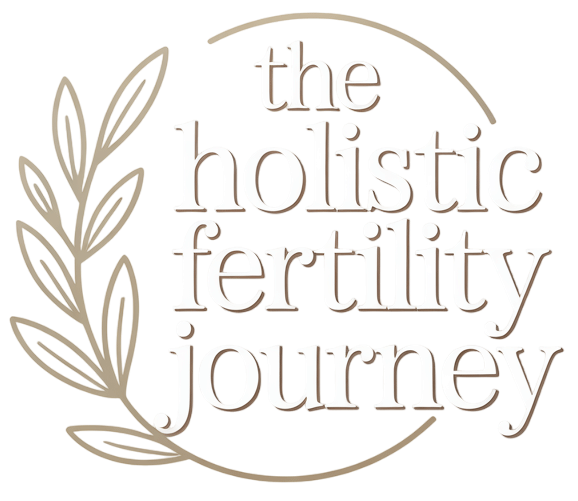Opening the Conversation: Why Our Emotions Matter
For years, fertility was mostly viewed through a clinical or biological lens. However, evolving science now recognizes the intricate web connecting psychological, emotional, and physical health. According to the American Society for Reproductive Medicine (ASRM), emotional distress is present in up to 30% of couples seeking fertility treatment. Yet, the conversation around emotional health is still shrouded in taboo and misconception, often leaving people feeling isolated or misunderstood (ASRM).
Paying attention to emotions isn’t just about mental well-being—it can translate into real, physiological changes that influence reproductive health. Understanding this connection is the first step toward building more resilience, compassion, and supportive care into fertility journeys.
